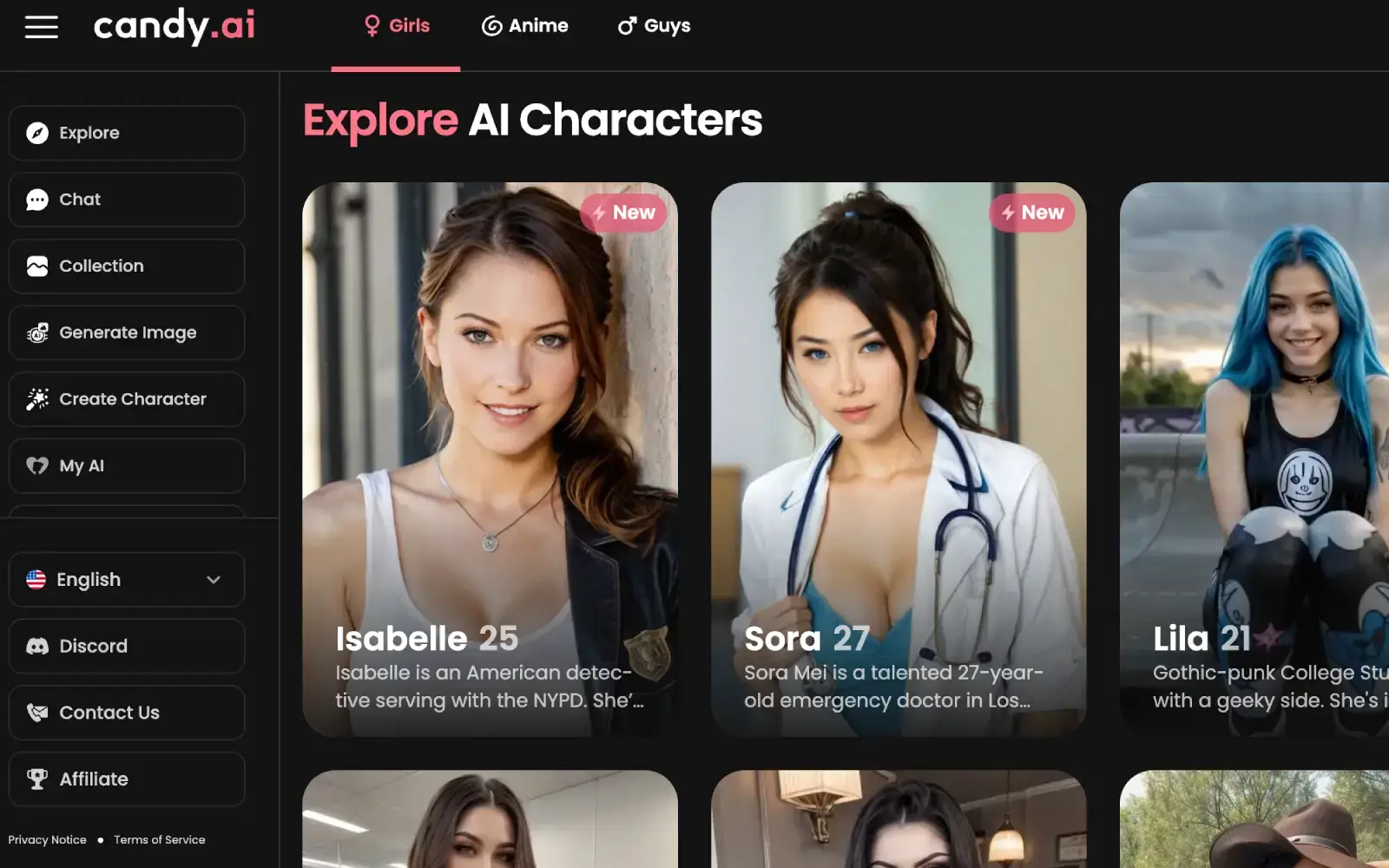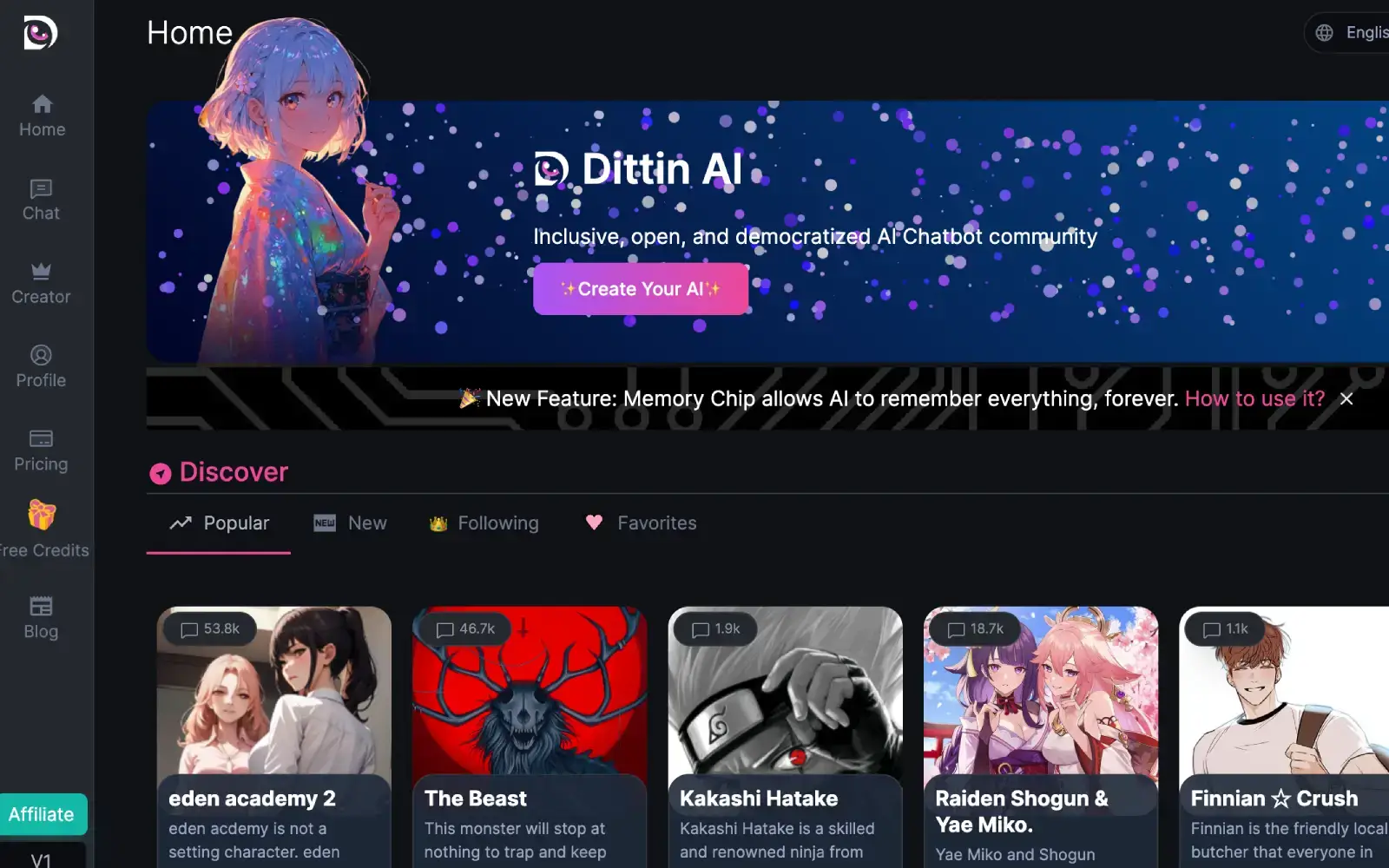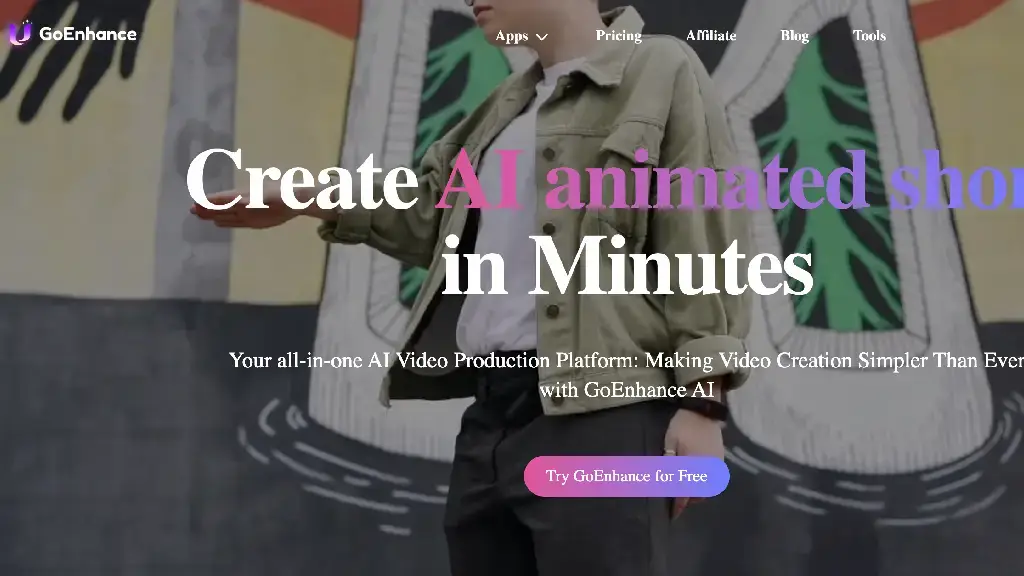The Role of Blockchain in Storing Academic Records
In recent years, blockchain technology has gained widespread attention across industries, from finance to healthcare. Now, its potential within the education sector is beginning to take centre stage. Imagine a world where academic transcripts, degrees, and certifications can be stored securely, verified instantly, and accessed globally without the risk of tampering. That is the promise blockchain holds for academic institutions, educators, and students.
For students, who often turn to resources like assignment help in london platforms to manage their workload, blockchain represents another layer of academic support-ensuring their records are protected and their achievements verifiable worldwide. In a digital-first learning environment, where traditional methods of storing and verifying educational documents are often inefficient and vulnerable, blockchain offers a revolutionary solution.
This article explores the role of blockchain in storing academic records, its benefits, challenges, and what it could mean for the future of education. We will also examine how services like Assignment In Need can complement this growing trend by offering academic assignment help and reliable support for learners adapting to new digital systems.
Why Traditional Academic Record Systems Fall Short
Before we dive into blockchain’s role, it’s worth understanding the problems with existing methods of storing academic records:
- Paper-Based Vulnerability: Degrees and certificates are still often issued in paper form. These can be lost, damaged, or forged.
- Administrative Complexity: Universities maintain centralised databases, but transferring or verifying records between institutions can be slow and prone to errors.
- Fraudulent Claims: Fake degrees and certifications have become a global issue, eroding trust in academic achievements.
- Accessibility Barriers: Students moving abroad for further studies or jobs often face delays in record verification.
These issues highlight the pressing need for an innovative, secure, and globally recognised solution. This is where blockchain steps in.
How Blockchain Works in Education
At its core, blockchain is a decentralised digital ledger that records data in blocks, which are then linked together in chronological order. Each entry is immutable-meaning it cannot be altered once added-ensuring trust and transparency.
In the context of education, blockchain can be applied to:
- Issuing Digital Certificates: Institutions can grant degrees as tamper-proof digital tokens stored on a blockchain.
- Record Verification: Employers or universities can instantly confirm the authenticity of a student’s achievements.
- Secure Storage: Records remain accessible yet protected from unauthorised alterations.
- Global Portability: Students can carry their verified credentials anywhere in the world without relying on physical copies.
For instance, MIT introduced blockchain-based diplomas in 2017, allowing graduates to share verified credentials with employers securely. This example underscores the potential for large-scale adoption.
Key Benefits of Blockchain in Academic Records
Blockchain’s integration into education can address multiple challenges. Below are the major benefits it brings:
1. Enhanced Security and Fraud Prevention
One of the strongest advantages of blockchain is its immutable nature. Once a degree or transcript is uploaded, it cannot be altered or falsified. This directly combats the widespread issue of fake certificates.
2. Streamlined Verification Process
Employers and universities no longer need to contact issuing institutions for confirmation. With blockchain, a simple scan or click provides instant verification, saving both time and effort.
3. Cost Reduction for Institutions
Currently, record verification requires administrative staff and physical resources. Blockchain reduces this overhead by automating verification.
4. Empowering Students
Students gain ownership of their academic records. Rather than depending on institutions, they can share or access their credentials anytime through secure platforms.
5. Supporting Lifelong Learning
With the rise of online education and short-term courses, blockchain can maintain a comprehensive record of skills and qualifications, ensuring that learning beyond traditional universities is equally validated.
Challenges in Implementing Blockchain
While promising, blockchain is not without challenges in the education sector.
- High Initial Costs: Setting up blockchain infrastructure requires substantial investment.
- Lack of Standardisation: Different institutions may adopt varying systems, limiting interoperability.
- Technical Expertise: Many universities lack the technical know-how to implement and maintain blockchain systems.
- Privacy Concerns: Balancing transparency with student privacy remains a significant challenge.
- Resistance to Change: Traditional institutions may be hesitant to adopt disruptive technologies.
These hurdles show that while blockchain adoption is growing, its full-scale implementation will take time, collaboration, and careful planning.
Blockchain Use Cases in Education
Blockchain is already being tested and implemented in various ways globally. Some notable use cases include:
- Credentialing Platforms: Universities partnering with blockchain providers to issue tamper-proof certificates.
- Cross-Border Education Verification: Helping international students transition smoothly by validating prior qualifications.
- Student Identity Management: Creating decentralised IDs that allow secure authentication for exams and online platforms.
- Publishing and Intellectual Property: Protecting student research, essays, and projects from plagiarism.
This last point ties directly to the growing need for assignment writing help and plagiarism-free content. With blockchain, students can protect their intellectual work while simultaneously accessing verified resources.
The Role of Support Services in a Blockchain-Driven Future
As blockchain becomes more common in education, students will need guidance not only in navigating these systems but also in managing their academic responsibilities. This is where academic assignment help services play a vital role.
How Assignment In Need Supports Students
- Adapting to Change: Blockchain is technical, and many students may initially find it confusing. Services like Assignment In Need provide resources and guidance to help learners adjust.
- Writing Services for Verified Work: Students seeking online assignment help benefit from expertly written and plagiarism-free submissions that can be verified securely when integrated with blockchain-based systems.
- Trusted Assignment Helper Support: Whether it’s understanding new academic technologies or managing workload, professional assignment writing help ensures students keep pace with changing trends.
- Accessibility: As education becomes increasingly digital, having reliable assignment help services available through an assignment help website gives students the support they need, whenever they need it.
By complementing blockchain’s security and transparency with reliable writing and research support, platforms like Assignment In Need provide a holistic solution for modern students.
Future Prospects of Blockchain in Education
Looking ahead, blockchain could revolutionise not just record storage but also broader areas of education. Some future possibilities include:
- Smart Contracts for Scholarships: Automating scholarship disbursement based on verified performance records.
- Decentralised Learning Marketplaces: Where students can directly access courses, verified credentials, and peer tutors.
- Universal Academic Portfolios: Students might carry a single blockchain-based “academic passport” that reflects all their achievements from multiple institutions.
- Integration with Employment Systems: Employers could instantly cross-reference skills and certifications, reducing hiring delays.
The combination of blockchain technology and reliable support systems like academic assignment help services will pave the way for a more transparent, efficient, and student-centric education system.
Conclusion
Blockchain’s role in storing academic records is clear-it promises security, transparency, and global accessibility. While challenges exist, the benefits for students, educators, and employers are undeniable. From preventing fraud to streamlining verification, blockchain could become the backbone of academic trust in the digital age.
Yet, adapting to such disruptive change requires support. This is where services like Assignment In Need come into play. By offering academic assignment help, expert writing services, and dedicated assignment helper support, the platform ensures that students remain focused on learning while navigating new technologies.
As the education landscape evolves, combining cutting-edge innovations like blockchain with dependable assignment help services will empower students to thrive in a secure, digitally connected world. To explore how Assignment In Need (assignnmentinneed.com) can support you in this journey, visit our assignment help website today and discover professional, reliable, and student-focused assistance.






